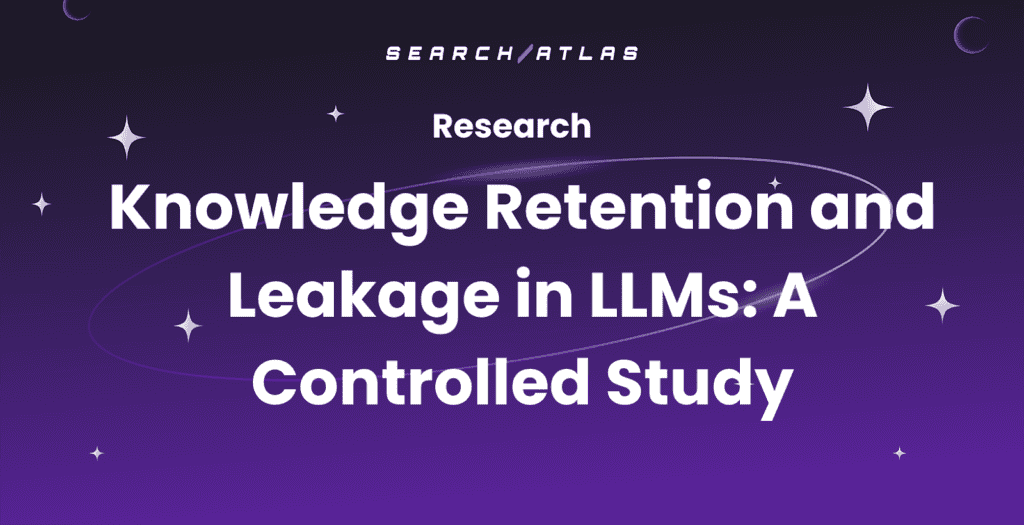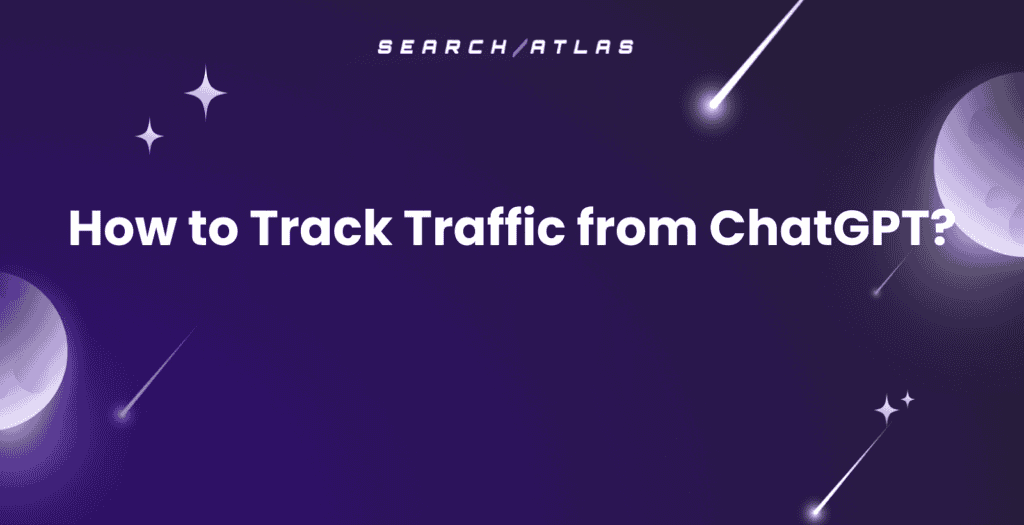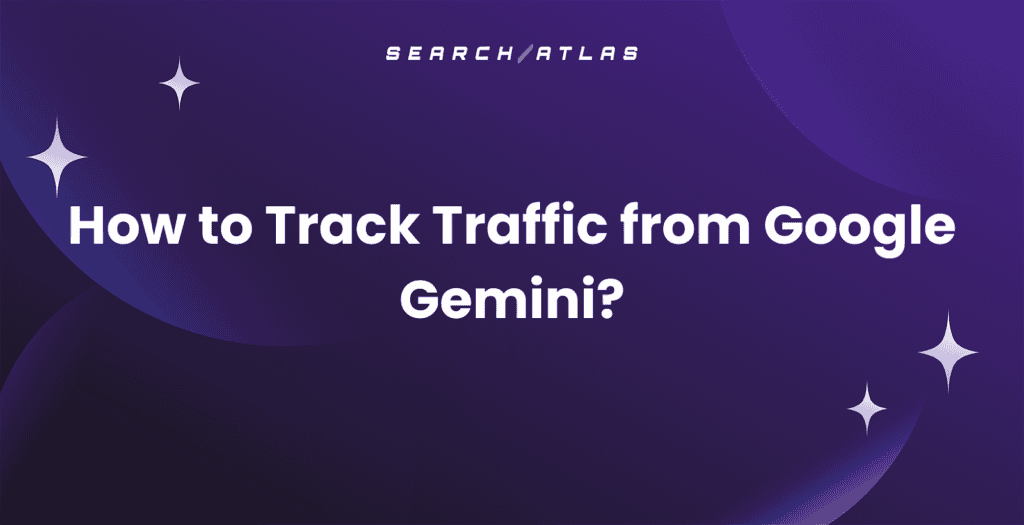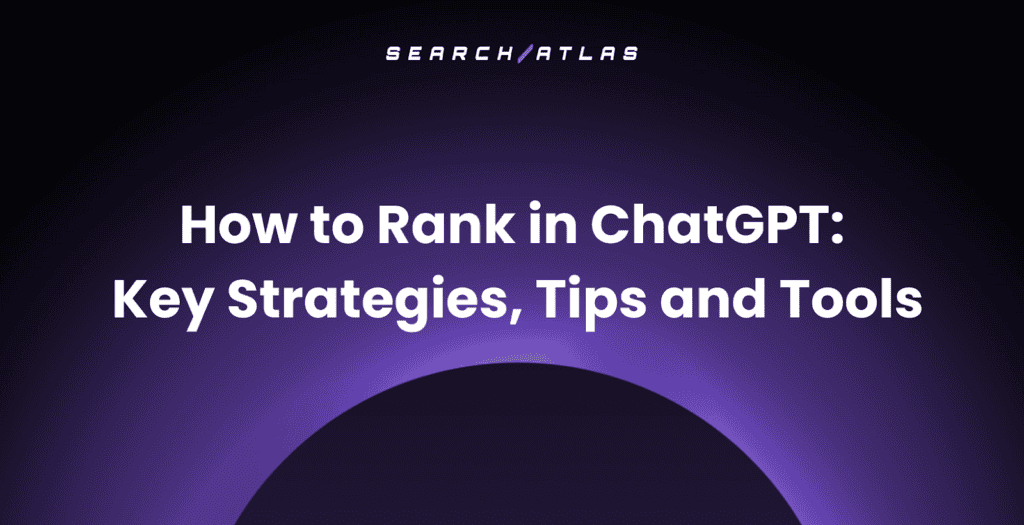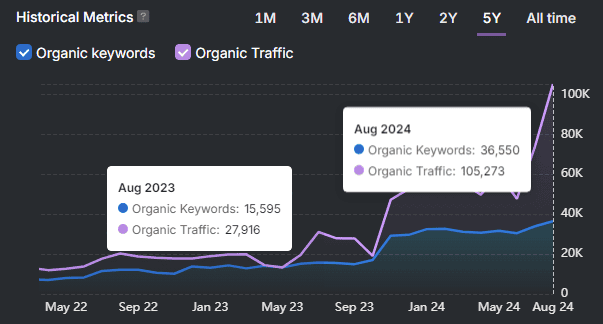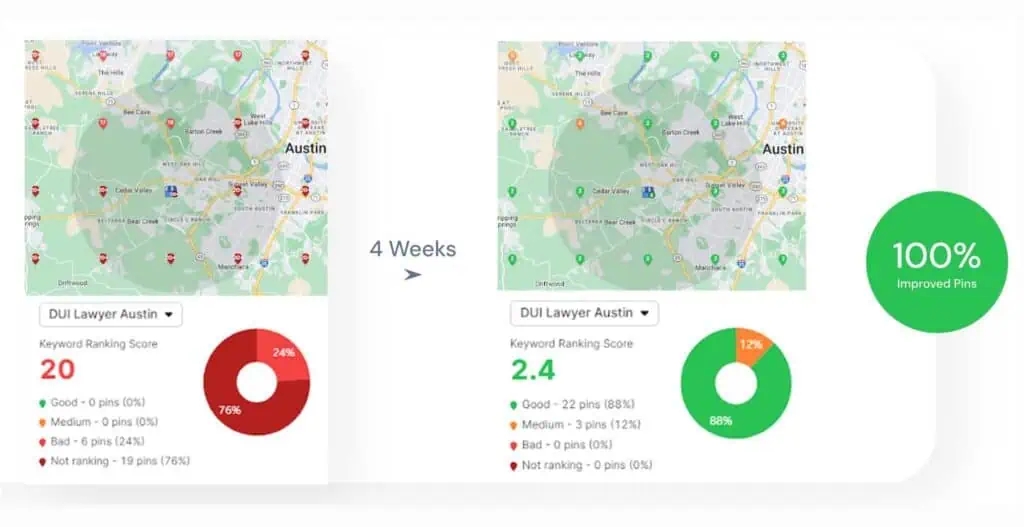When you’re running an agency or freelancing, it can be tough to prioritize tasks. If you’re trying to keep up with each client’s site progress, you’re likely overdue for a vacation with zero emails read. 🌴
Here’s a quick guide on improving SEO productivity so you can actually relax and get everything done.
Learn how to streamline workflows, use project management tools, and handle challenges without losing momentum. 🏃
Why 2025 Demands New SEO Strategies
2025 brings significant shifts that mean SEO strategies need to evolve. Search engines are getting smarter with AI and machine learning, which helps them understand user intent and content quality better. So, SEO efforts must prioritize creating high-quality, expert-level content.
Also, mobile and voice search are more important than ever. As people use their phones and voice assistants more, SEO strategies need to be ready for this shift.
Google is also putting more emphasis on page speed, mobile-friendliness, and overall user experience, meaning your site has to load quickly and be easy to navigate.
Now more than ever, you will need backlinks that are actually relevant to your niche. They will help you build topical dominance, a key element of Domain Power.
Additionally, people are using AI for search more, and there are off-page strategies you need to use to show up in these searches.
To stay ahead, SEO professionals will need to adopt new tools, adjust to frequent algorithm updates, and focus on content that meets E-E-A-T standards. This also means revamping your workflow so you can fit learning, adjusting, and training your team into your schedule. 📅
If you’re overwhelmed and don’t know where to start, let’s go through the basics again. Here are our 5 tips for more productive SEO.

1. Set Your Goals for Success
To keep your work tasks on track, start by setting clear, measurable goals for both your clients and your business.
Evaluate Client Needs
Your agency’s goals will be driven by your clients’ needs:
- If they want more traffic, focus on increasing organic traffic within a set timeframe.
- For clients aiming to improve conversions, your goal should be to enhance lead generation or boost conversion rates on key pages.
- If brand visibility is the priority, your goal might be to improve local search rankings and target specific keywords.
Assess Your Agency’s Growth
Consider your agency’s growth. If you’re looking to expand your client base, set a target for how many new clients you want to bring in within a certain period.
For revenue growth, aim to increase your agency’s earnings through upselling services, securing larger projects, and automating tasks to take on more clients without extra workload.
You may also want to set goals for scaling your team by hiring additional staff for key positions as your agency grows. Combine this with AI SEO tools that let you scale as you increase your client base.
Set Performance Benchmarks
Establish measurable performance benchmarks. For example, if you’re focused on rankings, set targets like moving a specific number of keywords into top positions. You could also aim to complete a certain number of audits or optimizations each month.
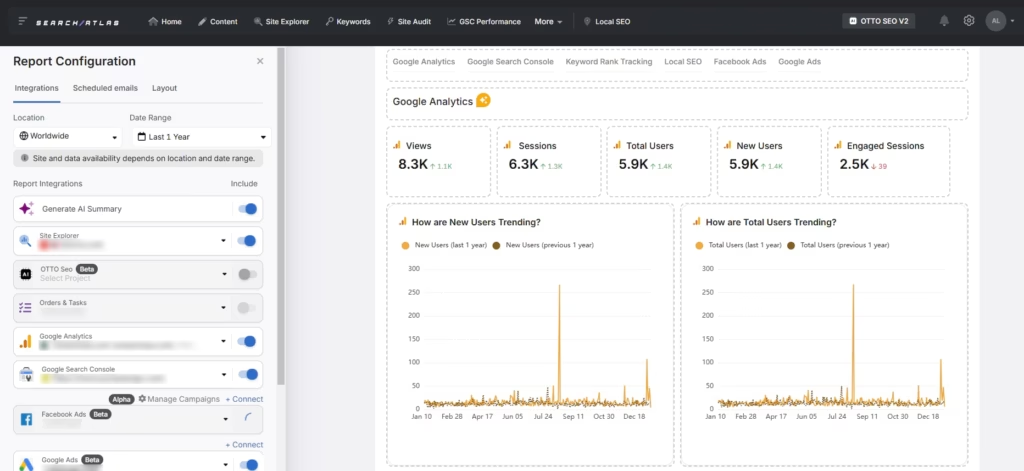
Analyze Past Performance
Look back at previous results to inform future goals. Identify what worked and where there’s room for improvement. If traffic increased but conversions didn’t follow, consider shifting your focus toward optimizing conversion rates or improving landing page performance.
Once you analyze and understand your past performance, it will be easier to focus on the most impactful areas.
2. Create an SEO Roadmap for Better Management
Once you have your goals, create a simple roadmap. Break down the steps needed to reach each goal.
Let’s say your goal is to increase your client’s website traffic. Your roadmap could look something like this: 👇
- Audit Your Current Site (Week 1)
- Analyze current traffic sources (Google Analytics, Search Console).
- Identify top-performing pages and areas that need improvement.
- Keyword Research (Week 2)
- Use keyword research tools like to find high-volume, low-competition keywords.
- Create a list of target keywords for blog posts, product pages, and other content.
- Optimize Existing Content (Week 3-4)
- Update existing blog posts and pages to include target keywords.
- Improve content quality by adding more valuable information, images, and internal links.
- Create New Content (Week 5-8)
- Publish 2-3 blog posts per month based on keyword research.
- Focus on long-tail keywords and trending topics relevant to your audience.
- Improve On-Page SEO (Ongoing)
- Optimize meta titles, descriptions, headers, and alt texts for images.
- Ensure pages are mobile-friendly and have fast loading speeds.
- Build Backlinks (Month 2-3)
- Reach out to industry blogs and websites for guest posts or backlink opportunities.
- Use tools to identify and analyze your competitors’ backlinks.
- Monitor Performance (Ongoing)
- Track traffic, rankings, and conversions through Google Analytics and Search Console.
- Adjust your strategy based on what’s working and what isn’t.

3. Master Task Management to Stay Organized
Mastering task management allows you to focus on what matters, meet deadlines, and break big goals into smaller, manageable steps. Let’s dive into how to keep everything on track and stay productive.
Prioritize Tasks and Set Deadlines
We’d like to share a set of rules that work for many agencies (in SEO and other industries). Here they are:
- Focus on Impact First: Start with tasks that will make the biggest difference in your clients’ results. Fix critical issues like slow page speed or mobile optimization before moving on to less urgent tasks. These have the most immediate impact on performance.
- Use Tools to Stay Organized: Use project management tools to visualize workflows and keep your tasks organized. This helps you track progress and avoid missing important deadlines.
- Break Down Large Tasks: Big tasks can be overwhelming. Break them into smaller, manageable steps to keep things moving smoothly. This makes the process feel less intimidating and allows you to make consistent progress.
- Realistic Deadlines with Flexibility: Deadlines are essential, but be realistic. Allow some room for adjustments, as SEO can be unpredictable. Make sure deadlines are achievable but also flexible enough for unexpected challenges.
- Quick Wins First: Focus on low-hanging fruit, like fixing broken links or refreshing existing content, before diving into larger projects. These quick wins can provide immediate improvements while you work on longer-term strategies.
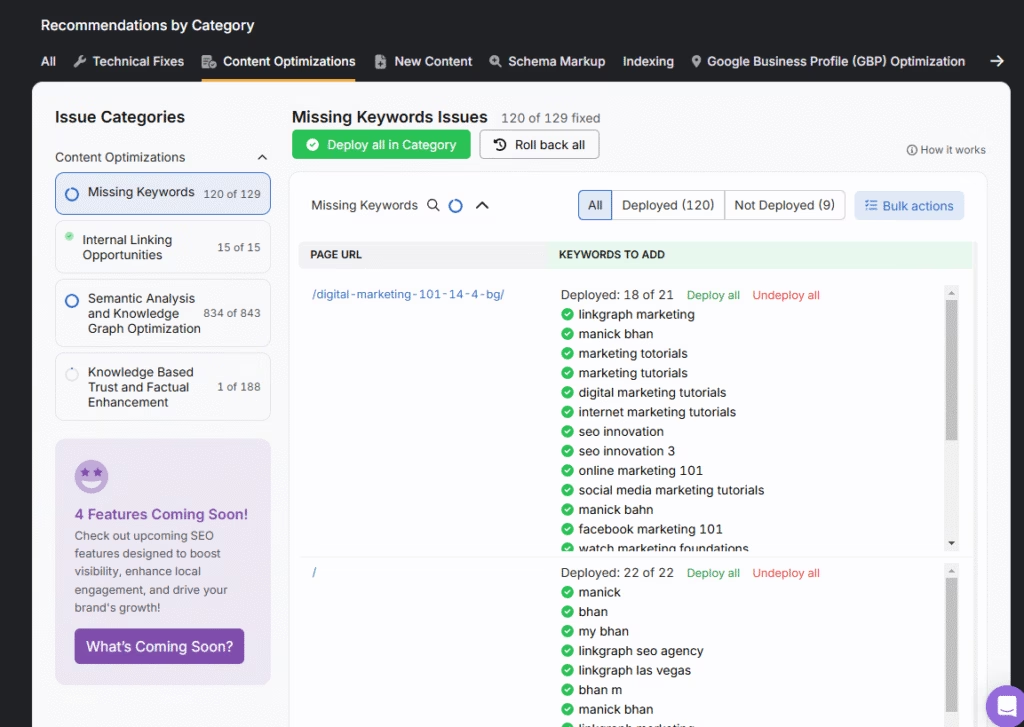
- Long-Term Strategies Next: After handling the immediate issues, focus on long-term SEO strategies like backlink building, content creation, and keyword optimization. These will pay off over time, but they require more effort and consistency.
Apply the 80/20 Rule in SEO
The 80/20 rule, or the Pareto Principle, is an effective way to focus your efforts. It suggests that 80% of your results come from 20% of your efforts.
In SEO, this means concentrating on the most impactful actions, like optimizing high-traffic pages, targeting high-converting keywords, or addressing critical technical issues. Instead of spreading your resources thin across every SEO task, focus on the areas that will yield the biggest return on investment (ROI).
For instance, if you’ve done keyword research and found that a few high-volume keywords are driving most of the traffic, prioritize optimizing content around those.
Similarly, if some pages on your site are already ranking well, investing time in enhancing them could yield quicker results than starting from scratch with new content.
You can use Scholar to check your current content and know exactly what to fix.
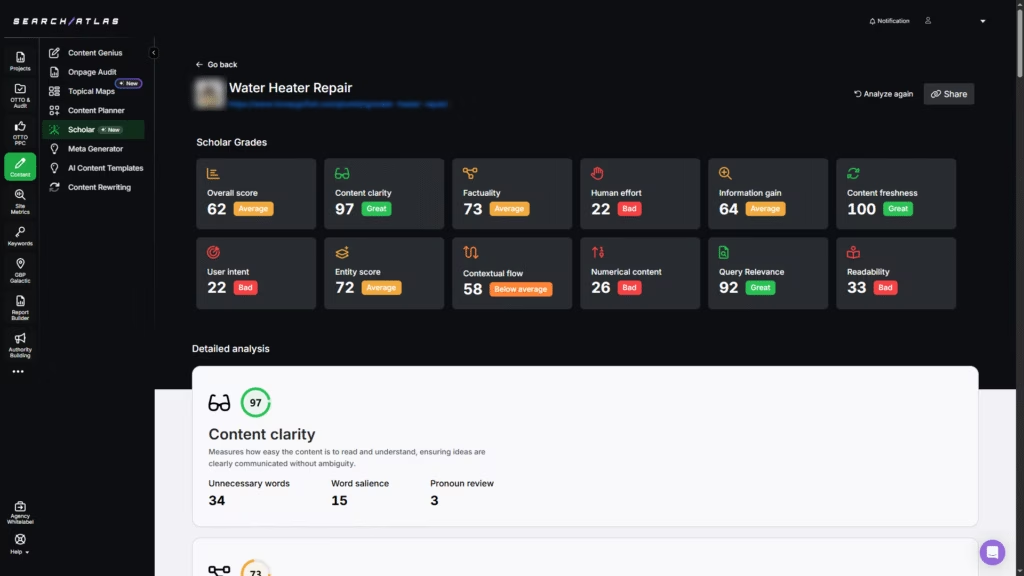
4. Organize the Team to Reach Common Goals
SEO works best when the whole team is aligned. When content creators, developers, and strategists work toward the same goals, results come faster and with less frustration. Let’s discuss how to keep everyone on track.
Align the Team Objectives with SEO Goals
Everyone on your team needs to be on the same page for SEO to work effectively. Content writers, developers, and strategists should all understand how their work impacts rankings.
Set clear goals—like increasing organic traffic by 20%—and ensure each team member knows their role in achieving them. Regular check-ins help keep things on track and prevent misalignment.
Tools for Efficient Communication and Progress Tracking
SEO moves quickly, so clear communication is essential. Use tools like Slack for quick updates, Notion for documentation, and Trello or Asana to track tasks.
Shared dashboards also make reporting easy, so no one is left guessing. The right tools keep projects moving smoothly without endless back-and-forth emails.
5. Use Automation Tools to Fuel SEO Productivity
Automation tools save time, improve efficiency, and handle repetitive tasks (sometimes all of them). Let’s explore how they can make every aspect of SEO more productive without draining your energy. 🧯
We’ll break this into a few sections, so it’s easier to find the task you want to eliminate first.
Project Management
Project management is at the heart of boosting your productivity, and it cannot be done right without the right tools.
Today, many agencies have moved away from spreadsheets and now use tools like ClickUp to organize their workflow and improve oversight of their teams.
However, if you still use sheets, we can recommend using GPT for Sheets to organize them, especially if you don’t like dealing with formulas.
Another useful feature is real-time order tracking. Your clients can see how their SEO campaigns are progressing in real time, giving your agency the advantage of transparency and trustworthiness.
On-Page SEO
Your focus should be on strategy and general oversight, not manual labor, like fixing broken links or finding orphan pages manually.
Thankfully, you don’t have to do these tasks by hand anymore or constantly check your stats for errors.
There are innovative on-page audit tools that let you analyze your content and oversee things like interlinking, meta tags, image optimization, and missing keywords without wasting any time.
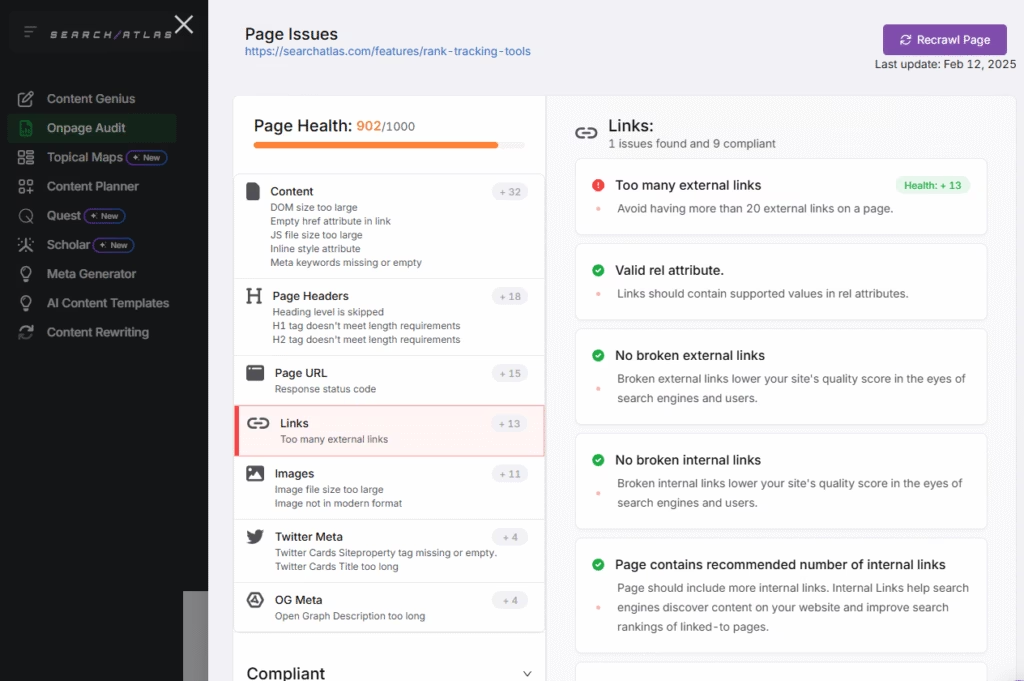
Technical SEO
There is a growing number of technical SEO tools that do the work for you. One of the first and most comprehensive is OTTO SEO.
Once you add a small piece of code called a pixel onto your website, you can fix technical issues with one click, directly from the dashboard.
Combined with site audit tools, it monitors your site 24/7 and alerts you when something needs your attention.
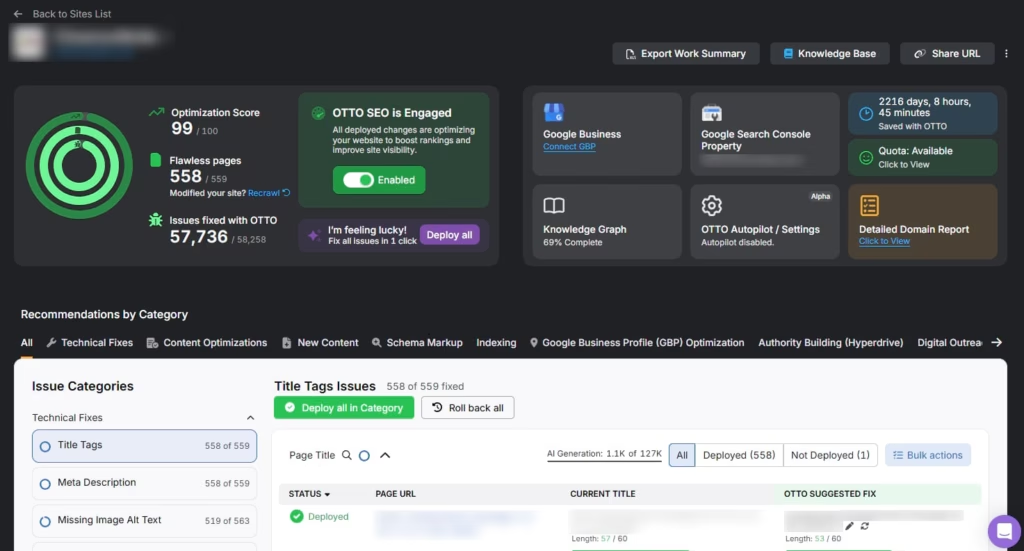
Local SEO
Agencies that work with local services must pay attention to local optimization. This aspect of work can also be automated, from automated GBP management and heatmaps to local citation and landing page builders.
Make sure you explore automation tools for local SEO, as they can save you countless hours.
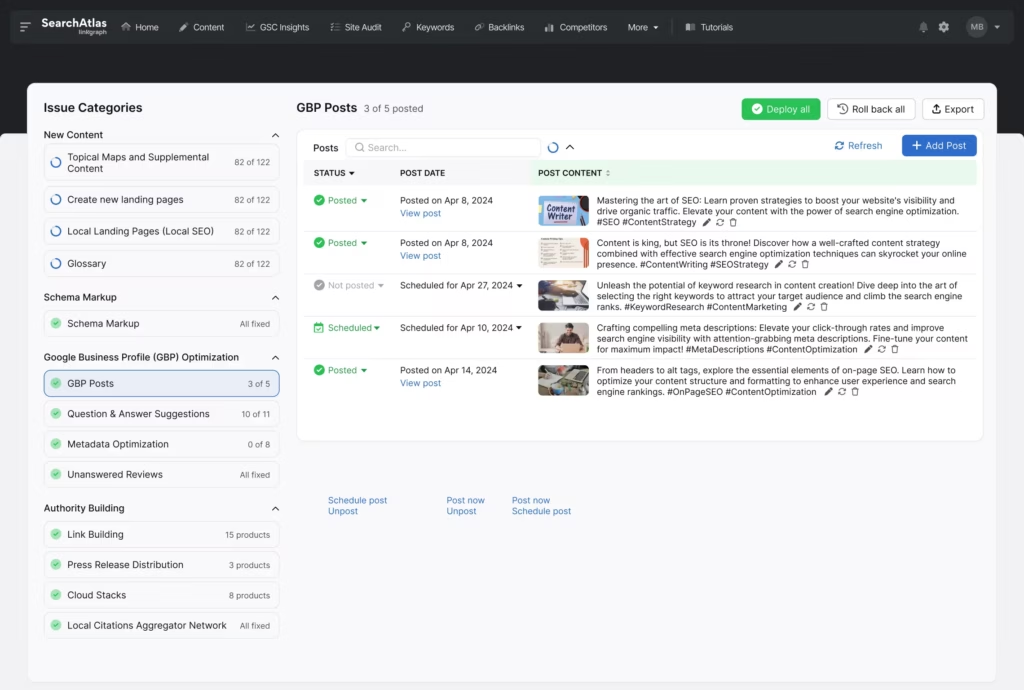
Off-Page SEO and Digital PR
Reputation always takes time to build, and link building and outreach are no exception.
Luckily, there are AI tools that let you automate the process, and it’s a shame not to use them given that the AI SEO industry is rising and offering more and more tools.
With these tools, you can automate tasks such as:
- Press release syndication
- Backlink analysis
- Link building (great for agencies who need scaling)
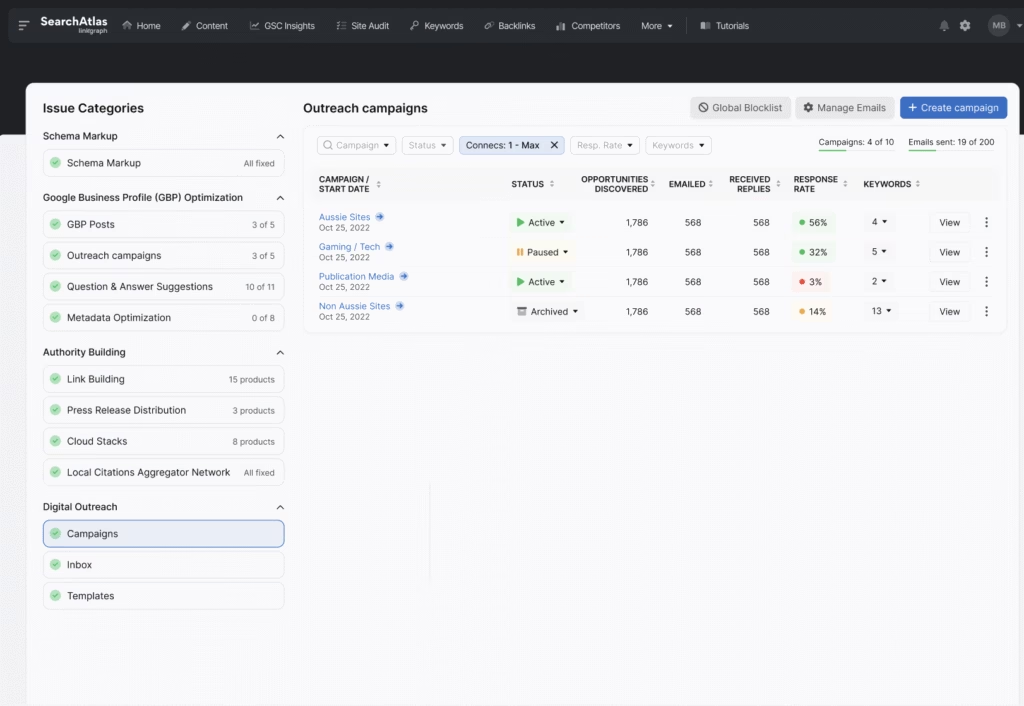
Content
One of the most time-consuming tasks is creating content plans, especially if you have multiple clients. You need to conduct competitor analysis to find opportunities for outranking them, perform keyword research, and organize the topics so they’re easy to interlink later.
While you can do this with traditional keyword research tools, AI tools can significantly speed up the process.
For example, the content planner tool lets you build a full, keyword-researched plan within minutes, just by entering a seed keyword.
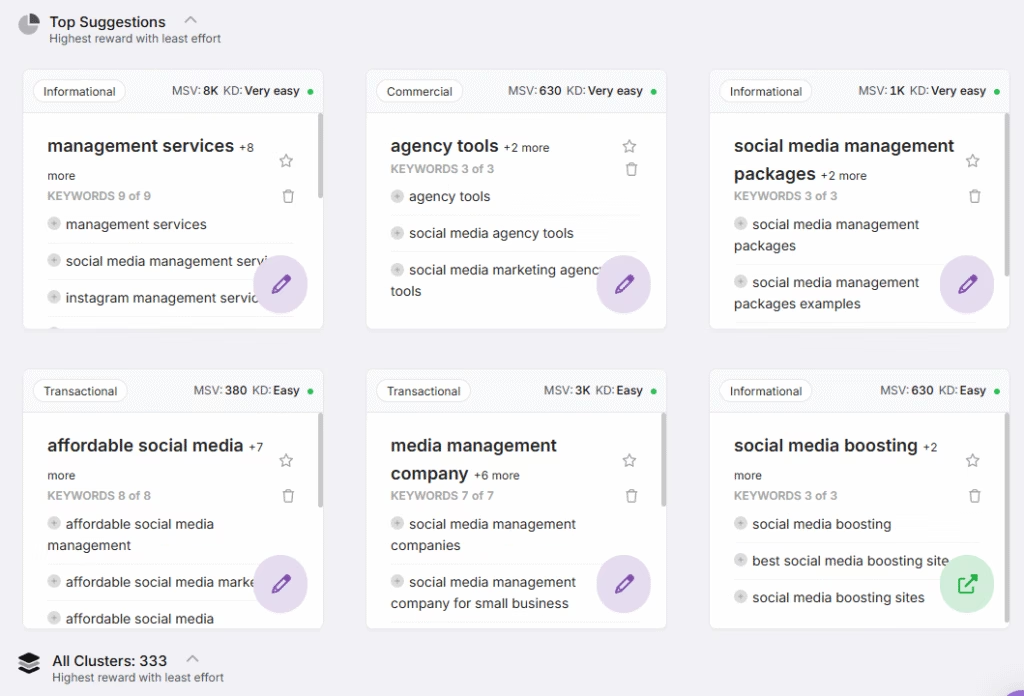
After that, you can automate the writing process and publish with one click.
Topical maps ensure you cover the niche fully and increase your domain authority.
Other tools let you run a full content audit in a very short time, so you know exactly how to help your client’s website (and boost your agency’s profits).
Reporting
Finally, if you work with clients, you know how important it is to create good reports and earn their trust. You can also automate this using reporting tools that let you:
- Generate AI highlights
- Customize the report
- Create clear, illustrative visuals
- White-label the dashboard
- Schedule and automate sending reports
- Insights from Google Analytics and Google Search Console
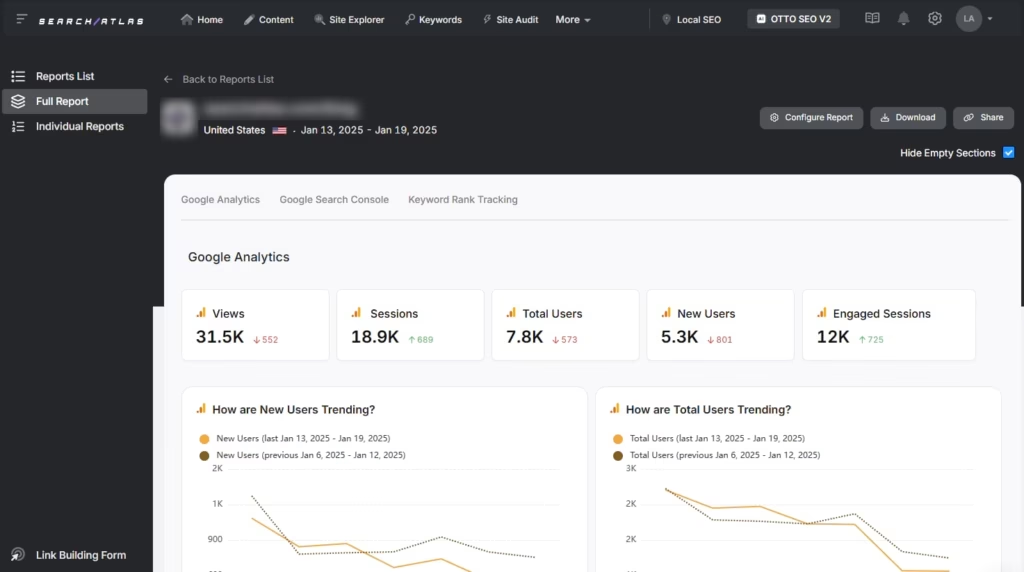
Use Automation Tools and Finally Get Some Rest
The final ingredient for having a productive SEO agency is rest. 🛏️
Without recouping your energy, you won’t be able to focus, organize, or find creative solutions for your clients’ sites. And your team members won’t either.
So organize your workflow and cut the time spent on repetitive tasks with AI tools, allowing you to do things that really make a change.
Find more clients, learn more skills, expand your operations, or spend time training your team. Try Search Atlas for FREE for 7 days. No commitment, cancel anytime.


